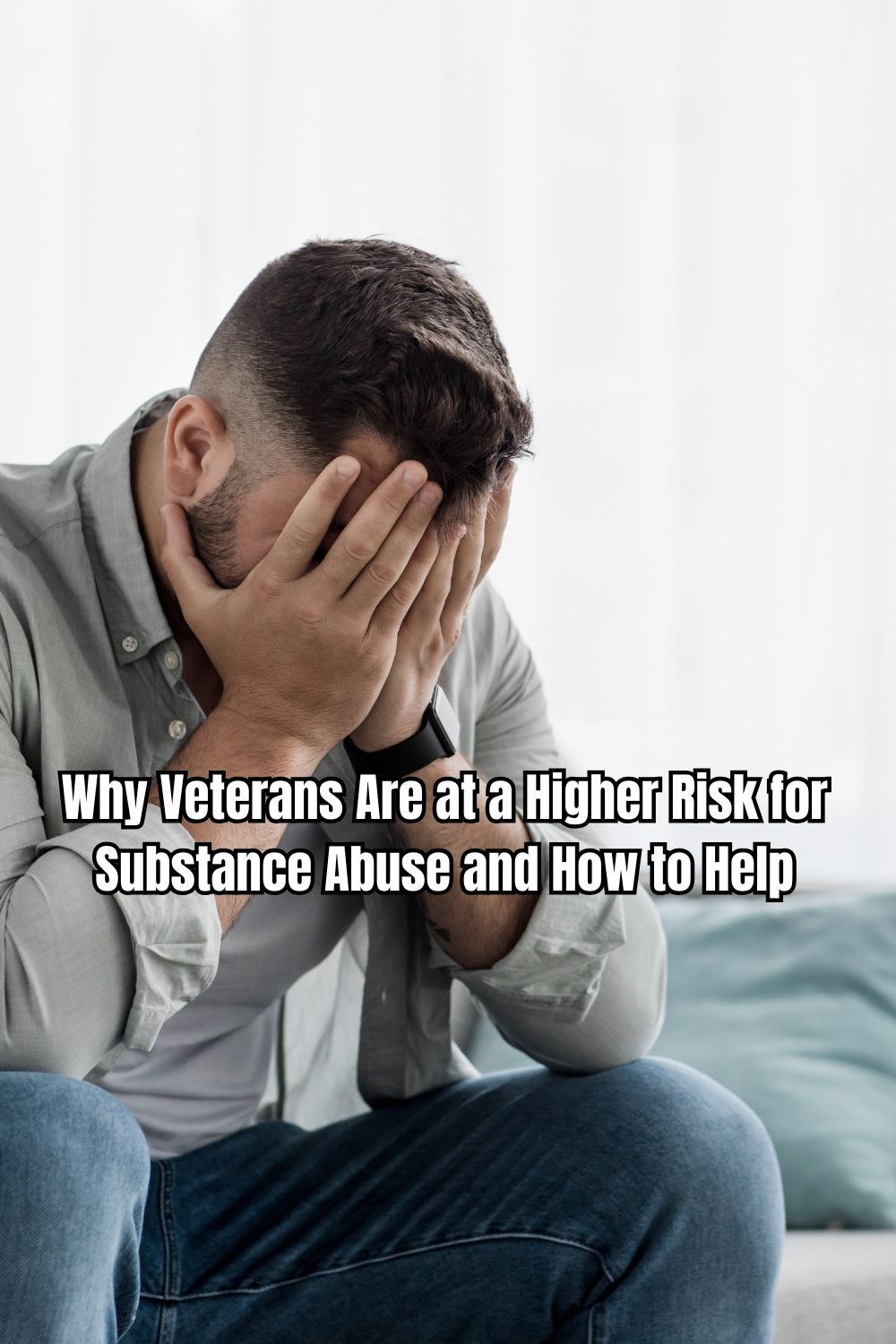Veterans have a higher risk for substance abuse. Find out Why Veterans Are at a Higher Risk for Substance Abuse and How to Help
Why Veterans Are at a Higher Risk for Substance Abuse and How to Help
The journey from military service to civilian life is challenging for many veterans. As a veteran, you may feel the weight of physical and emotional pain that can follow you long after your time in the military. These challenges can lead to struggles with substance abuse. Understanding why these issues happen and how to find support will help in healing and recovery.
The Weight of Transitioning to Civilian Life
Returning to civilian life after serving in the military is often one of the most difficult experiences for veterans. During service, you lived in a structured environment with clear objectives and support from your fellow servicemen and women. Civilian life, however, lacks this same structure, and adjusting can feel overwhelming. The sudden absence of routines and the need to navigate new roles and responsibilities can leave you feeling lost or disconnected.
You may have also experienced trauma during your service, and this trauma doesn’t simply go away when you return home. Instead, it can linger and manifest as post-traumatic stress disorder, anxiety, depression, or other mental health challenges. To manage these feelings, many veterans turn to alcohol or drugs as a temporary escape, a way to numb the pain. There are recovery programs that are designed to address the unique challenges veterans face. Such programs are designed to provide unique support for recovery to help them deal with the emotional and psychological adjustments of returning to civilian life. Seeking care through a specialized substance abuse recovery clinic can offer veterans structured treatment that understands both addiction and service-related trauma. These clinics provide evidence-based therapies and a supportive environment that helps veterans rebuild stability, purpose, and long-term sobriety.
Coping with Physical and Emotional Pain
Many veterans deal with physical injuries that cause ongoing pain. The toll that military service takes on your body can be hard to live with, especially if the pain becomes chronic. For some, this pain is treated with prescribed medications, but over time, you may feel that these drugs are insufficient or that you’re becoming too reliant on them.
Beyond physical pain, emotional wounds are often harder to address. If you are grappling with trauma or PTSD, you may turn to substances to dull the intensity of those memories and emotions. While it may seem like alcohol or drugs ease the pain temporarily, they can worsen mental health symptoms over time, leading to more isolation, anger, and sadness. If you’re struggling with these experiences, it’s important to remember help available.
The Role of Stigma and Isolation
It’s not uncommon to feel that you must be strong and handle these issues independently. This belief is often rooted in military culture, where showing strength and resilience is valued. You may feel that asking for help is a sign of weakness, or perhaps you fear others won’t understand what you’ve been through.
Yet, bottling up these feelings often only intensifies them, and without a healthy outlet, turning to substances can feel like the only way to cope. However, substance abuse can create a vicious cycle of guilt and shame that makes it even harder to ask for help. Breaking free from this cycle requires the courage to take the first step toward getting support, which can help you find healthier ways to cope and reconnect with others.
How You Can Find Support and Start the Healing Process
If you’re struggling with substance abuse, know that reaching out for help is not only okay, but it’s also one of the strongest things you can do for yourself and your future. Many organizations and programs are specifically designed to help veterans like you recover and rebuild. Whether you choose a facility close to home or a specialized center like a Beverly Hills rehab, finding the right treatment path is the crucial first step.
- Explore therapy and counseling
- Look into veteran-specific rehab programs
- Engage with support groups
- Consider holistic healing approaches
- Seek help beyond recovery
Final Thoughts
As a veteran, you’ve already overcome immense challenges. The road to recovery may not be easy, but you can find a path forward with support. Reaching out is a courageous choice to prioritize your health, happiness, and future. People, resources, and programs are ready to walk alongside you as you take steps toward healing. Every day you choose, recovery is a step closer to living a life filled with purpose, connection, and peace.

Leave A Reply!